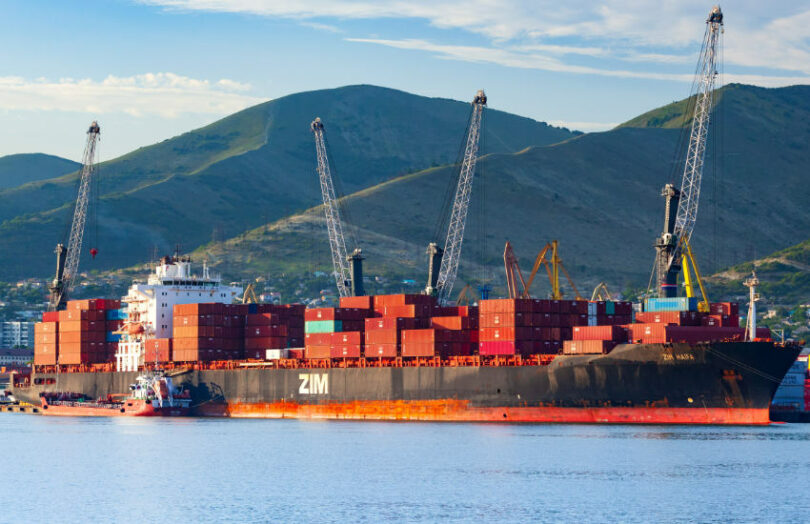Today Israel’s WaveBL, the provider of blockchain-based electronic bills of lading (eBL), announced a $26 million Series B funding led by NewRoad Capital Partners. Bills of lading are the record of cargo loaded onto a vessel. It was joined by new investor Reefnot Investments, which is backed by Temasek and logistics giant Kuehne + Nagel.
Existing investors, including ZIM, Marius Nacht, Contour Venture Partners, Frank Sica, and Techstars, contributed to the funding.
Last September, WaveBL announced it had processed 100,000 bills of lading in the first nine months. Its clients include the largest container shipping line MSC, as well as ZIM, Hapag Lloyd and ONE. It also provides services to tanker firm Leschaco and Saco, which operates similarly to a carrier but doesn’t own any ships.
“Our goal is to streamline, speed up and reduce the cost of global commerce by breaking the trade industry’s paper addiction,” stated Noam Rosenfeld, CEO of WaveBL. “We offer blockchain technology as the new gold standard for trust between trade partners, a game changer for international trade. The investment will be used to expedite our growth by increasing our employee base, primarily in sales, marketing, and R&D.”
The entire bill of lading sector has received a major boost because of a commitment by most of the major shippers to adopt electronic bills of lading. That’s based on an agreement with the Digital Container Shipping Association (DCSA) announced this February. The target is for 50% to go digital within five years and 100% in ten years. It’s a complex commitment because of the multiple parties that use the same bill of lading.
While WaveBL claims to be a sector leader, it has plenty of competition, with ten approved eBL providers, most of whom use blockchain. The challenge many shippers have is which solution to adopt because they are not interoperable. As a result, the DCSA, Swift BIMCO, the ICC and FIATA are pushing for interoperability. The DCSA and Swift have conducted trials.






